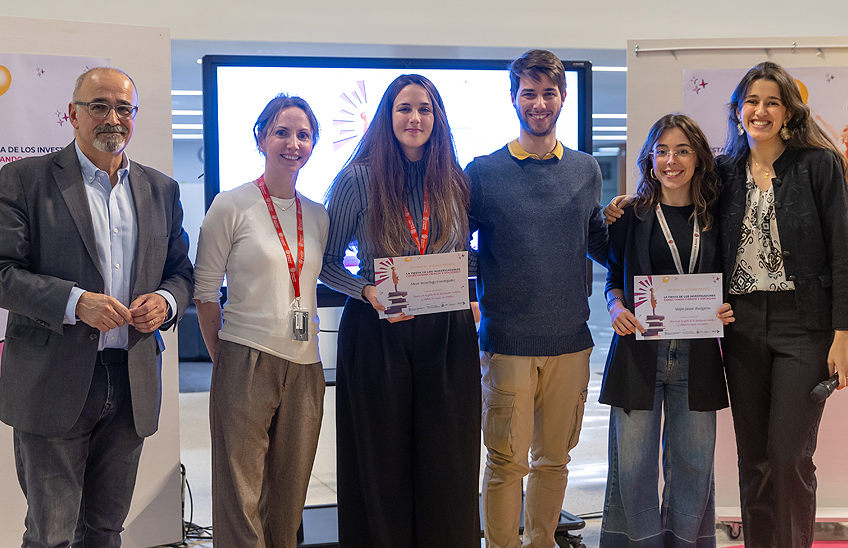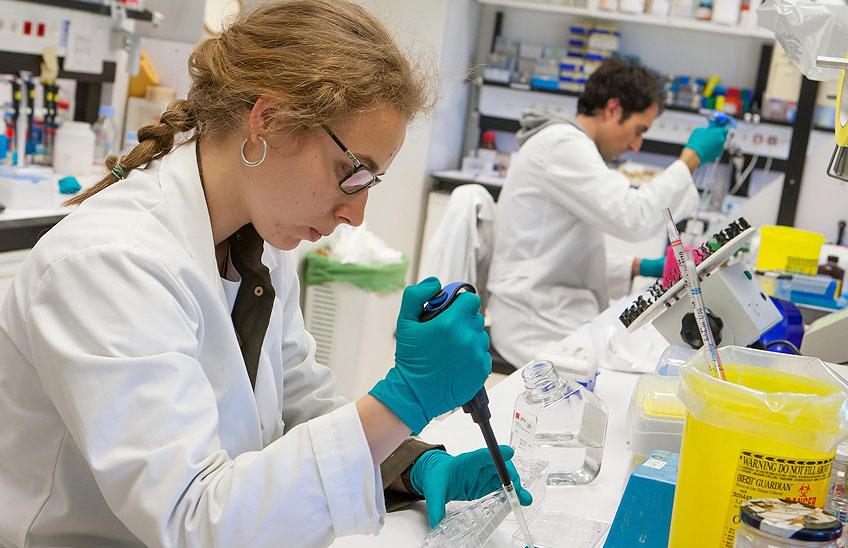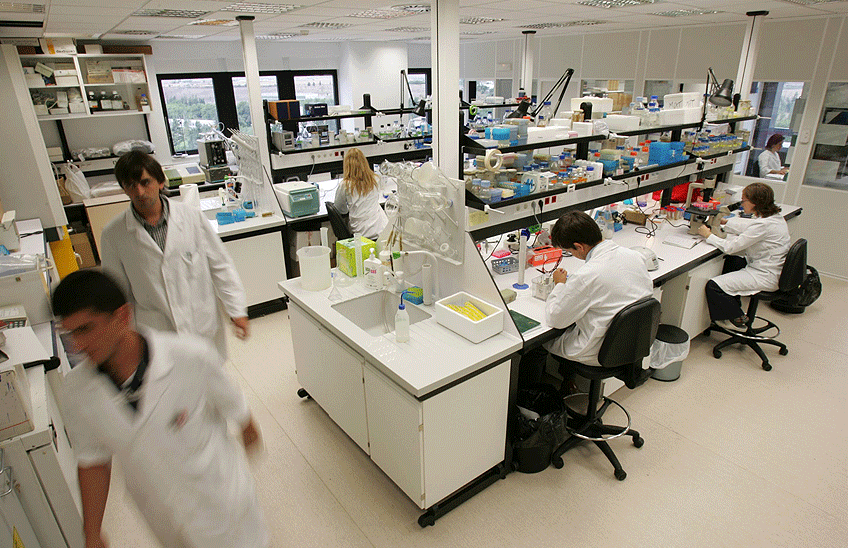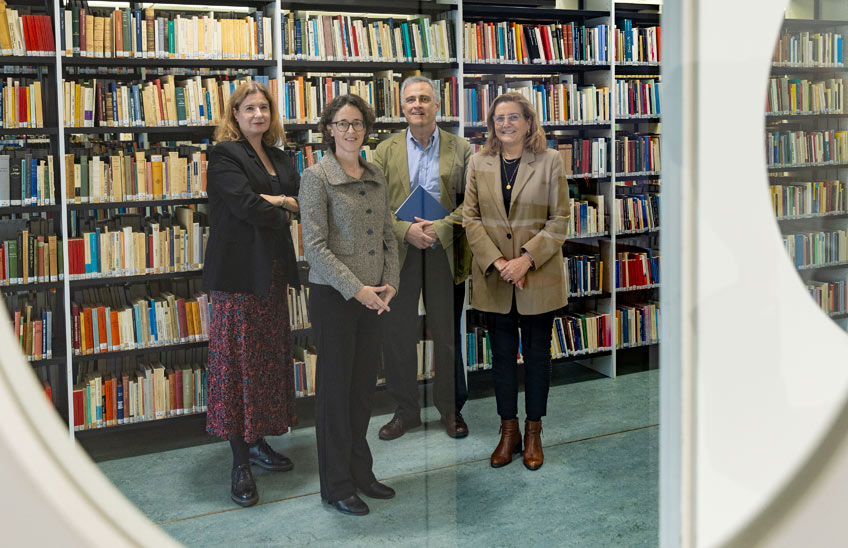"During the pandemic, parents have become more realistically aware of their children's digital consumption because they have accompanied them through it."
Three researchers from the University of Navarra analyze how the pandemic has changed digital consumption and the relationships of young people and adolescents at a roundtable co-organized with Fundación Orange.
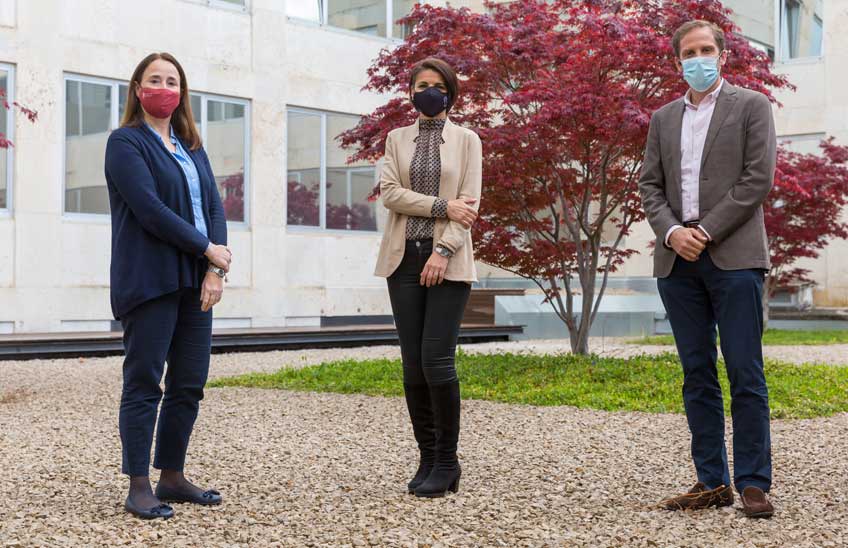
26 | 04 | 2021
"During the pandemic, parents have come to know their children's digital consumption more realistically because they have accompanied them in it. They have also better understood why the digital world is so attractive to them". This was stated by Javier García Manglano, researcher of the Institute for Culture and Society (ICS) of the University of Navarra, at the framework of a roundtable organized by the center together with the Orange Foundation on how the pandemic has changed digital consumption and the relationships of young people.
He was joined by Charo Sádaba, dean of School de Comunicación, and Cristina López del Burgo, doctor in Preventive Medicine and researcher at the ICS. Eugenia de Blas, director of the line of manager Use of Technology in Orange Spain, which promotes and dynamizes programs such as FamilyON, EducaInternet, #UsoLoveDeLaTecnología and Orange Digital Center, acted as moderator.
The sociologist García Manglano has alluded to programs of study of his group 'Youth in transition' of the ICS on the evolution of screen usage time among people aged 18 to 23 years. "While with the confinement it shot up to more than nine hours, in the following months it has been slightly reduced, both in messaging and in social networks, series and video games," he has highlighted.
per diem expenses digital adapted to each family
For her part, Charo Sádaba mentioned that during this last year "we have had a positive first-hand experience of technology", as "ithas made it easier for us to contact with loved ones and colleagues and to continue with our professional life".
However, he encouraged each family nucleus to "follow a healthy and personalized 'per diem expenses' to avoid empacho". Among other protective factors, he cited: ensuring that the use of technology does not take time away from sleep and rest, having a cell phone parking lot at home to leave them all together and enjoying leisure and entertainment activities -conversations, games...- that do not include screens. "Adults should teach young people and adolescents by example that technology complements human interaction, not replaces it," he emphasized.
Cristina López del Burgo also warned that during the pandemic "therisks of digital consumption in young people and adolescents have become more visible. We cannot look the other way". Specifically, she warned about problematic uses, understood as a risk of addiction, and problems such as the consumption of pornography, "which encourages depersonalization and violence in relationships"; cyberbullying and cybercontrol; vamping, which takes away hours of sleep; and attention and concentration difficulties. "It's about making them aware of the threats in the digital environment and equipping them to protect themselves from them," he said.
In this line, he recommended teaching children "to identify when to use technologies and to set rules regarding the time they spend with them and the contents they see". He also stressed the need to educate from childhood in a use that favors positive and healthy habits of life and relationships, and to regulate their use according to age and maturity Degree . To this end, he suggested that parents should be oriented through quality educational materials prepared by experts, both videos and guides.

